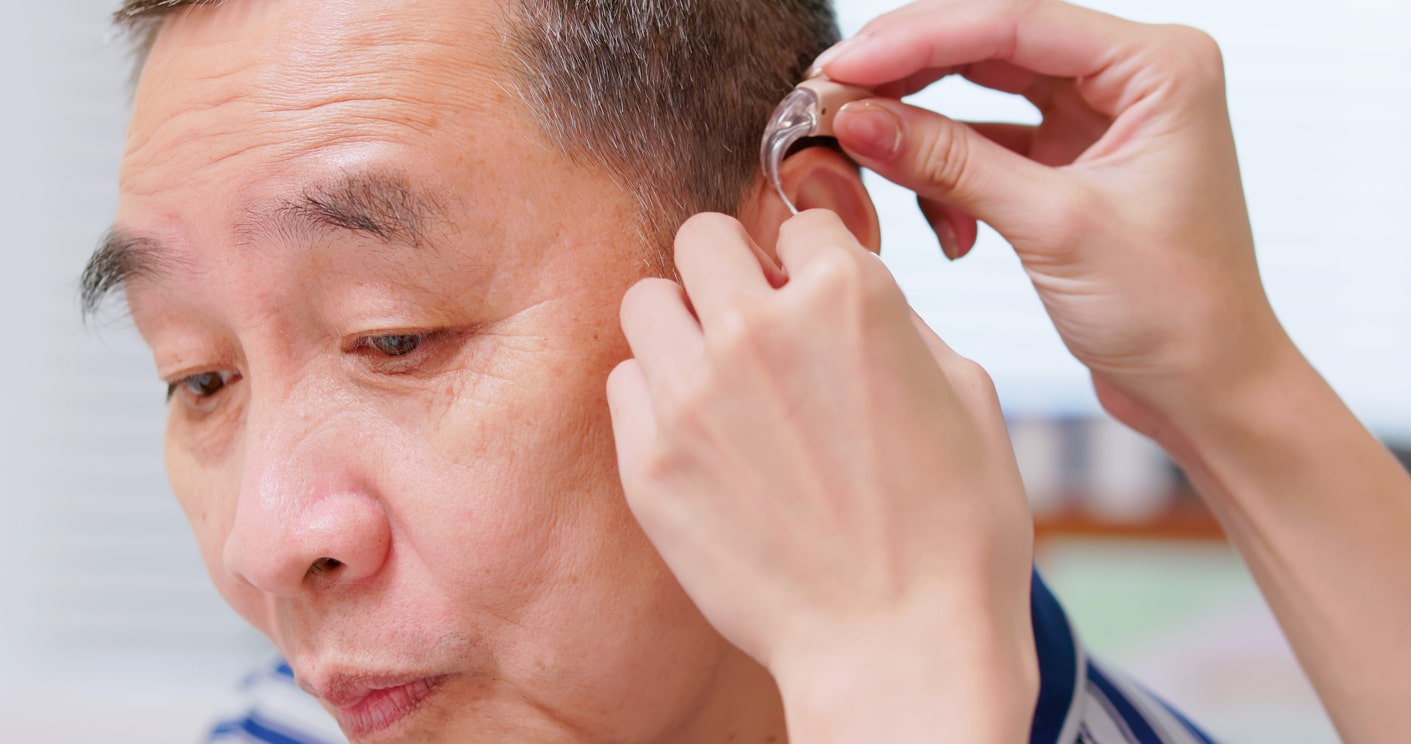Some of the signs of hearing loss include feeling as though people are constantly mumbling, difficulty talking on the phone, trouble understanding in background noise and turning the TV volume way up.
If you’re exhibiting these signs and decided to schedule an appointment with an audiologist, congratulations! You’re one step closer to healthier hearing.
It’s common to feel overwhelmed after scheduling your hearing test, especially if you don’t know what to expect. Below, we review a list of questions you can ask your audiologist so you feel more prepared.
What Type of Hearing Loss Do I Have?
There are three types of hearing loss:
- Sensorineural hearing loss. This type of hearing loss is caused by damage to the inner ear, specifically either the tiny hair cells that convert soundwaves into electrical energy or the nerve that transmits this energy to the brain.
- Conductive hearing loss. This type of hearing loss is caused by an obstruction in the outer or middle ear that prevents sound waves from traveling through. Causes of conductive hearing loss include impacted earwax, a middle ear infection or malformation of the ear.
- Mixed hearing loss. This type of hearing loss describes a combination of sensorineural hearing loss and conductive hearing loss.
Knowing which type you have is key to receiving the right treatment.
Is My Hearing Loss the Same in Both Ears?
It’s common for hearing ability to differ from ear to ear, just like it’s common for your feet to be different sizes. This may be due to a variety of reasons. For example, if you shoot firearms, the “head shadow effect” will protect one ear more than the other, or one ear may be experiencing some sort of infection or obstruction while the other ear is healthy.
Do I Need Hearing Aids for Both Ears?

Even if your hearing is much better in one ear than the other, if you have at least a mild hearing loss in each ear, your provider will most likely prescribe two hearing aids. The reason for this is because the brain is better at processing and localizing sound when it comes from both ears.
Which Hearing Aid Is Best for Me?
When selecting a hearing aid, your audiologist will consider both your hearing abilities and your lifestyle needs. If you find yourself in lots of demanding listening environments, you’ll need higher-tier technology than someone who spends most of their days at home.
For more information or to schedule an appointment, call Valley Audiology today.